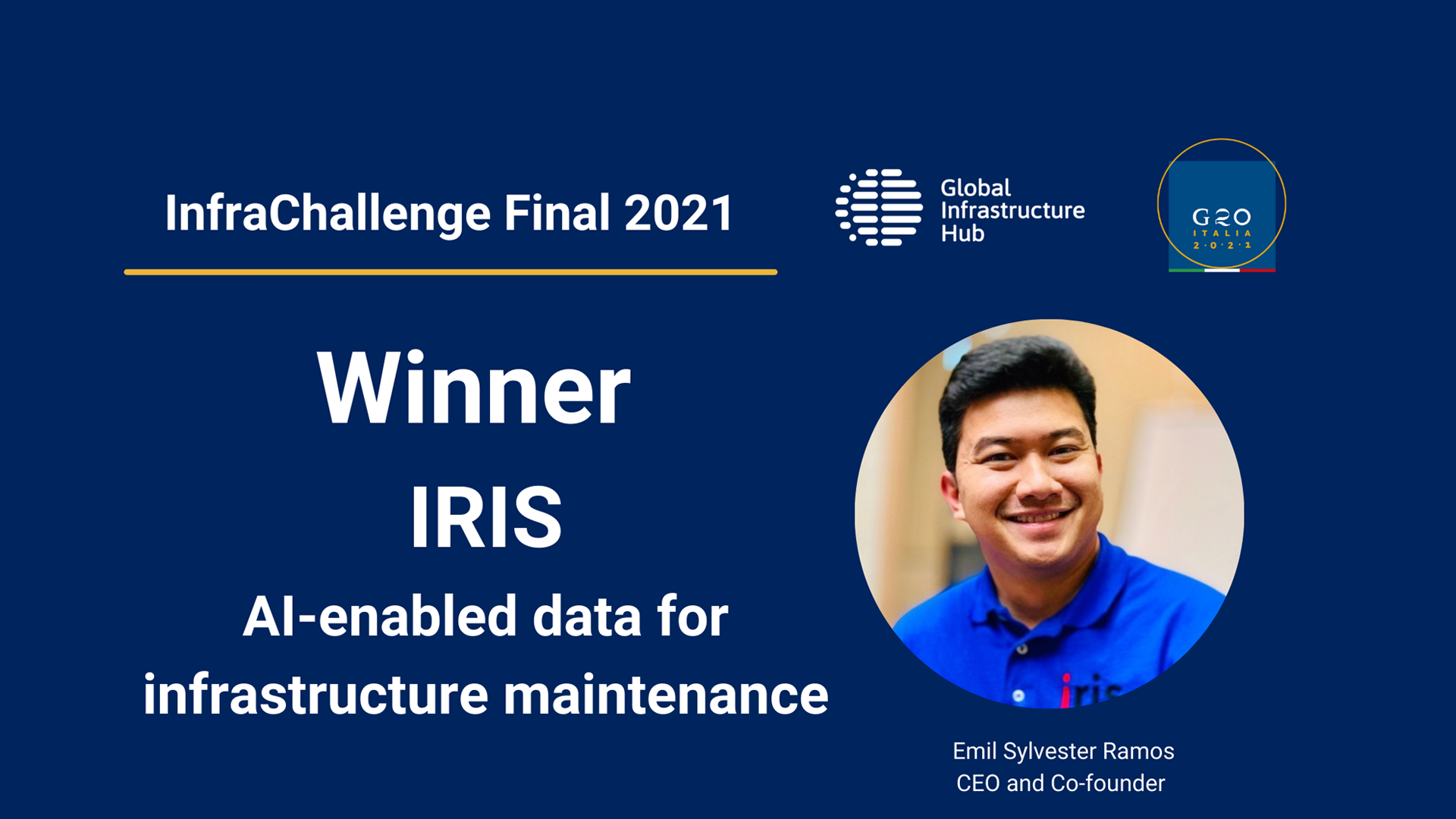Mentors help unlock disruptive potential
Mentors have played a vital role in supporting the top 20 teams hone their applications for the Global Infrastructure Hub’s (GI Hub) InfraChallenge competition, despite the challenges of a global pandemic.
InfraChallenge is a global innovation competition to unlock digital ideas and solve big infrastructure issues to better prepare us for the future by bringing disruption to the industry.
The competition’s mentors were innovation and infrastructure industry experts from a wide variety of countries and the teams were equally diverse. Over the course of eight weeks, each mentor worked with a top 20 team they were matched with to refine and develop their concept and help them prepare to apply for a place in the InfraChallenge top 10.
Now that the process has concluded, we interviewed two of our mentors about their experience. Claire Hicks leads Future Ready®, a market-leading innovation and resilience program at WSP Canada; and K.P. Reddy is the Founder of Shadow Ventures, a seed-stage tech investment firm based in the United States.
How did you become an InfraChallenge Mentor?
Claire Hicks: A member of the InfraChallenge team reached out to me on LinkedIn to ask if I’d be a mentor; once I looked through the information, I knew it was an offer I couldn’t refuse!
K.P. Reddy: I was recommended to the InfraChallenge team by Anil Sawhney from RICS.
Have you been a mentor like this before?
Claire Hicks: I have been a mentor to a few young women in formal and informal capacities but have never been a mentor to such an advanced and sophisticated team.
K.P. Reddy: For 20+ years, I have been mentoring startups and executives on how to build and scale companies. Currently my venture firm has an incubator with 60+ global startups that are mentored on a daily basis.
What guidance was your team seeking?
Claire Hicks: My team was quite advanced with their solution; although they have already received funding, they were in pursuit of larger funds to more broadly commercialise their solution. They also needed a bit of support in communication and refinement of their pitch materials to elevate their message.
K.P. Reddy: The team has a product in market, but it is part of their internal agency. Helping them look at the product as a stand-alone business with appropriate pricing and marketing was new to them.
The Infrachallenge mentor program ran for eight weeks - what do you think the team learned most about from you in that time?
Claire Hicks: I think, or at least hope, that they learned the importance of communicating a complex solution in a simple and clear manner. Whilst they knew their solution very well and I could tell they cared very deeply about it; the key message was a little lost amongst the technical details.
K.P. Reddy: They learned how to package their product into a company and have a clear strategy. Also, presenting the idea to an investor was a big part of the work.
How did you work with the team?
Claire Hicks: We had a weekly call, sometimes video and sometimes audio, at a time suitable for us both - 7 hours apart. We structured our sessions around the topics proposed by the InfraChallenge team but kept the discussion informal to best suit the needs of the team, especially as their solution was already quite advanced. I used the time to question and challenge them on their existing solution, and to seek ways to better communicate and present it. We also exchanged emails between meetings when needed.
K.P. Reddy: We had weekly calls, I reviewed a lot of their work product between calls. I also had a lot of existing videos and material that they could leverage.
What are one or two highlights you’ve come away with from being an InfraChallenge Mentor?
Claire Hicks: Personally, I learnt a lot about a part of the industry I knew little to nothing about, learning how a small not-for-profit organisation works for social benefit. The technical solution itself was wonderfully simple and effective, and was one that I truly believe in. It was a real pleasure to support the team.
K.P. Reddy: I really like the idea [of InfraChallenge]. It is an important program. I think it needs more venture capitalists like myself involved to really challenge the team and think about further developing the program.
Digital innovation is at the heart of InfraChallenge. In your opinion, how important is digital innovation to the future of infrastructure?
Claire Hicks: Digital innovation is hugely important, but is only effective if truly considerate of the socio-economic factors at play in the country or region it’s applied. Digital solutions must be simple and flexible enough to be adaptable in a rapidly changing social and digital world.
K.P. Reddy: Without digital transformation, the planet will die. It is unfortunate in a modern age we have failing infrastructure.
The GI Hub would like to thank all the mentors who took part in InfraChallenge and generously shared their time, knowledge and experience with the teams.
To find out who made it to the top 10 and what’s happening next, check out the InfraChallenge website.

 Visit the InfraChallenge Website
Visit the InfraChallenge Website





